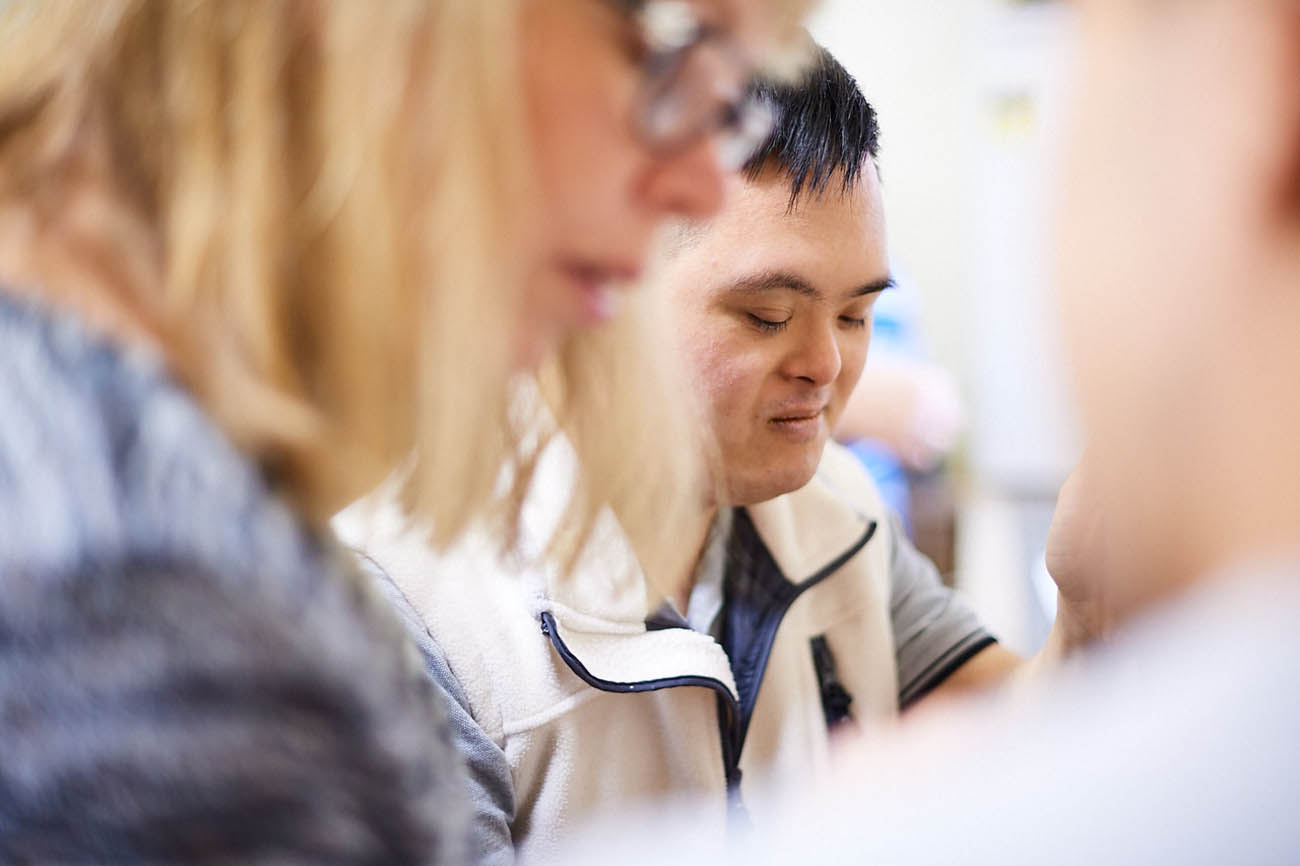An intellectual disability presents unique challenges. However, with the right support, these challenges can be managed. It’s important to remember that an individual with such a disability can live a productive life, live independently and be a productive, employed member of society.
What Is An Intellectual Disability?
An intellectual disability is characterised by significant limitations that occur in intellectual functioning and adaptive behaviour. These characteristics span across daily practical and social skills. Such disabilities typically begin to manifest themselves before 18 years of age.
Intellectual functioning, also known as intelligence, is determined by general mental capacity. This includes learning, problem solving and reasoning. Intellectual functioning is often measured through an IQ test. Generally, a score between 70 and 75 indicates the existence of intellectual function limitations.
Adaptive behaviour refers to the collection of social, conceptual and the practical skills that people learn and deploy in daily life. Social skills include interpersonal skills, developing self-esteem and the ability to follow rules and laws.
Conceptual skills include money and time management as well as language and literacy skills. Practical skills encompass daily living activities, the ability to travel, occupational skills, and attention to healthcare.
There are numerous disabilities that fall into the intellectual category. These include the following.
Down Syndrome
Down Syndrome is a genetic disorder that occurs when a copy of chromosome 21 is present. Traits include small stature, low muscle tone, a deep crease across the palm and upward slanting eyes.
Fragile X Syndrome
Fragile X Syndrome, also called FXS, is genetic and occurs due to changes in the fragile X mental retardation 1 (FMR1) gene. Signs include developmental delays, learning disabilities, and behavioural and social difficulties.
Prader-Willi Syndrome
Prader-Willi Syndrome (PWS) is a complex genetic disorder affecting multiple body parts. Infants with this condition may experience difficulty feeding, poor muscle tone, developmental delays and poor growth. Learning disabilities and behavioural issues may also be present during childhood and into adulthood.
Environmental and Other Causes
There are other causes of intellectual disabilities that can occur after birth. These include traumatic brain injury, infections and severe social deprivation.
Coping with An Intellectual Disability
If you know of or care for someone with an intellectual disability, the National Disability Insurance Scheme, or NDIS can help.
Under the NDIS, around 460,000 persons with a permanent and significant intellectual disability under the age of 65 receive funding for services and supports to improve daily living and promote a greater level of independence.
All people who need services are supplied with information, as well as being connected to resources in their respective areas. These include doctors, support groups, libraries, schools, sporting clubs and much more. Details about the support provided by each state and territory government are also available.
Individuals with Lifeplan can use the NDIS scheme to access support, since Lifeplan is an NDIS provider. The available support can include any of the following:
- Daily living – Personal care, meal planning, medication support and more
- Socialising – Recreational activities, attending sports and community events, exploring new places and more
- Independent Living – budgeting and paying bills, tidying the home, providing support to remain connected to family and community and more
- Employment – Seeking, securing, and maintaining gainful employment
- Group Activities – Forming relationships, participating in fun and dynamic events. These sessions are held at the main building in Perth
Lifeplan supports individuals with intellectual disabilities as they live independently and take part in a wide variety of fun and fulfilling activities. As an approved NDIS provider, they help establish a wide range of independent living programs such as those listed above and tailor them specifically to the individual. To find out more, contact us today.


